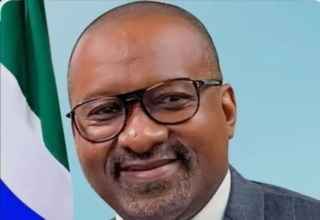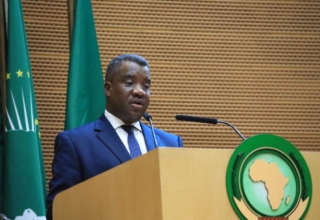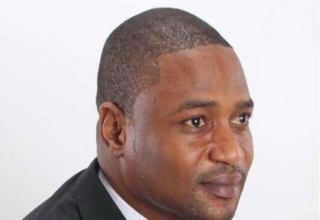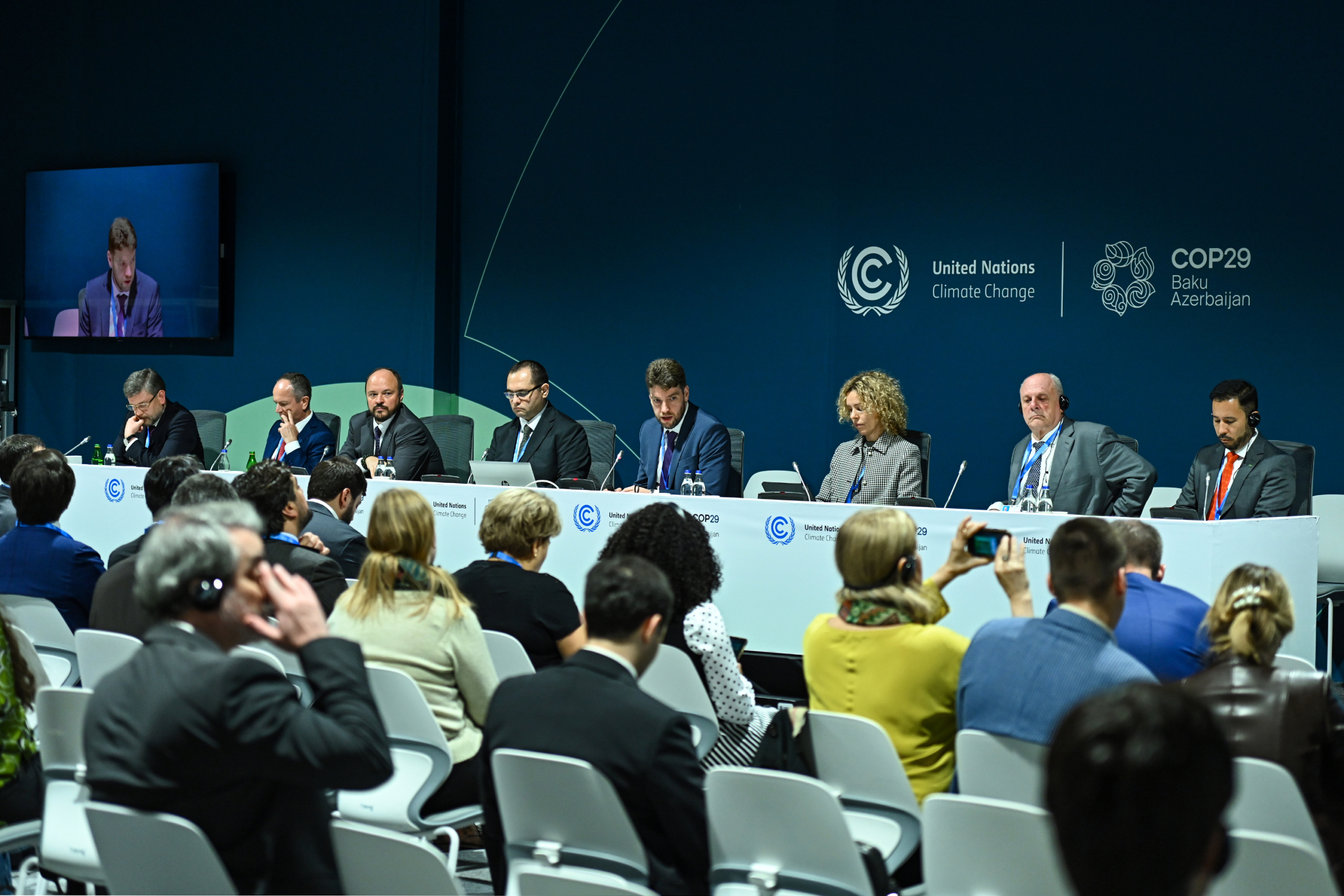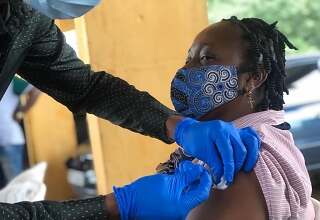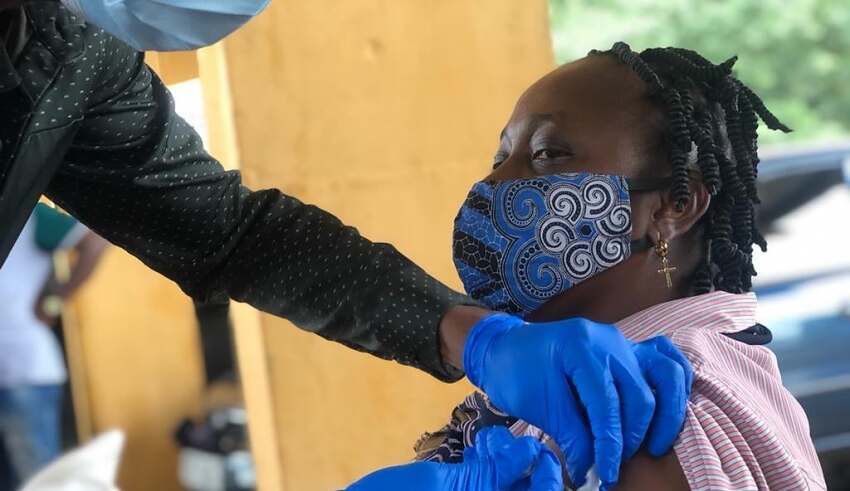
England’s Covid travel rules and refusal to recognise vaccines administered across huge swaths of the world have sparked outrage and bewilderment across Latin America, Africa and south Asia, with critics denouncing what they called an illogical and discriminatory policy.
The Transport Secretary, Grant Shapps, described England’s rules, unveiled last Friday, as “a new simplified system for international travel”. “The purpose is to make it easier for people to travel,” Shapps said.
But in many parts of the world there is anger and frustration at the government’s decision to recognise only vaccinations given in a select group of countries.
Under the new rules, travellers fully vaccinated with Oxford/AstraZeneca, Pfizer/BioNTech, Moderna or Janssen shots in the US, Australia, New Zealand, South Korea or an EU country will be considered “fully vaccinated” and exempt from quarantine when they arrive in England from an amber list country.
But people, who have been fully vaccinated with the same vaccines in Africa or Latin America, as well as other countries including India, will be considered “not fully vaccinated” and forced to quarantine for 10 days on arrival from an amber list country.
In Europe, there is frustration at Britain’s refusal to accept as “fully vaccinated” people who have had Covid and then a single dose of a two-dose shot. Such people are considered fully vaccinated in most EU countries and are able to travel freely around the bloc with an EU digital Covid certificate.
To visit the UK, however, they must quarantine for 10 days, with UK government guidelines currently requiring people vaccinated with a two-dose vaccine such as Moderna or Pfizer to have had both doses “even if you have recently recovered from Covid-19 and have natural immunity”.
Britain did relax its rules on Wednesday to allow quarantine-free travel by people from Europe who have had doses of two different vaccines. Hundreds of thousands on the continent received mix-and-match shots after the use of AstraZeneca was restricted to older age groups over rare blood clot concerns.
But amid mounting anger abroad at what many view as discriminatory treatment, the Indian politician, Shashi Tharoor announced on Monday that he was pulling out of a series of appearances in England to protest the “offensive” decision to ask fully vaccinated Indians to quarantine.
“There isn’t a single person I have spoken to who isn’t angry about this. People are perplexed,” said one exasperated Latin American diplomat.
“How can a Pfizer or Moderna or AstraZeneca vaccine that is administered [in Latin America] not be sufficient for someone to be allowed in? I just don’t see how this can be acceptable. I simply cannot get my head around it,” they added. “I cannot explain what is behind this – I just know that it is very, very, very unfair.”
A West African diplomat condemned the restrictions as “discriminatory”. “[But] it’s not even the discrimination that concerns me the most, it’s the message it sends out,” they added.
“All around the world, we’re struggling with vaccine hesitancy. There are all sorts of fake news. When you say, ‘We are not going to accept the vaccine from Africa’, you lend credence to these kinds of theories. It’s only going to create a situation where it allows the pandemic to be prolonged.”
Ifeanyi Nsofor, a doctor and chief executive of a public health consultancy in Nigeria, said: “The UK is one of the largest funders of the Covax facility and now the UK is saying that the same vaccines they have sent will now not be considered. It’s sad, it’s wrong, it’s discriminatory.”
The Moonsamys reunited in Oakland after a year of socially distanced gatherings.
‘A world problem’: immigrant families hit by Covid jab gap
Read more
“To me this is just another layer of Covid-19 vaccine inequity. We’ve been dealing with the fact that richer nations are hoarding vaccines, even when poorer countries can afford them they can’t access enough,” Nsofor added.
The new travel rules came as a severe blow to families who have spent many months separated from their England-based loved ones because of the pandemic.
André Siqueira, a tropical diseases specialist from Rio de Janeiro said he was desperate to see his four-year-old son who lives in London for the first time in a year. But the new rules made it almost impossible for him to travel to England – despite having been fully vaccinated in red-listed Brazil – since he would have to spend 10 days in an amber list country before spending another 10 days quarantining in England after he arrived.
“There is simply no plausible justification as to why they accept vaccines given in certain countries, but not from others,” said Siqueira, 40. “It doesn’t make sense. There’s no logic to this kind of screening,” he said, noting that there had never been such distinctions for the yellow fever vaccine.
Maiara Folly, a UK-based Brazilian academic, said she was also shocked with the new rules. “I can’t see any health criteria to justify this,” said Folly, who runs the think-tank Plataforma Cipó and has been tracking UK travel guidelines for personal and professional reasons.
“I can’t see any reason other than a racial issue, a xenophobia issue,” added Folly, voicing fears that many fellow academics from Brazil – where more than 80 million people have now been fully vaccinated – would be unable to attend the Cop26 climate summit in Glasgow because of the harsh rules.
Prof Helen Rees, a medical researcher and chair of the World Health Organization’s African Regional Immunisation Technical Advisory Group on Immunization (Ritag), called the lack of explanation for the new travel rules “unfortunate” and the restrictions “inexplicable”.
“Does the world do this for any other vaccines? Does the UK say we’re not going to recognise your polio vaccines from Pakistan? No. We accept that your vaccines are safely administered. If we’re worried that there are variants that are resistant to the vaccines, that’s happening all over the world. But the Delta variant is in 100 countries of the world and the vaccines do work against Delta.”
Rees said she hoped the decision would be reconsidered. “I’m not worried that this is cast in stone, but I think it’s something that really must be discussed. Not least because if the world starts closing borders to what looks like poorer countries, what does that mean for inequality? For refugees? We can’t close our borders, we must trust the vaccines and we must trust the governments that are administering the vaccines.”
Asked to explain why vaccines administered in certain countries were acceptable but in others not, a government spokesperson said in a statement: “Our top priority remains protecting public health, and reopening travel in a safe and sustainable way, which is why vaccine certification from all countries must meet the minimum criteria taking into account public health and wider considerations.”
The statement did not make clear what those wider considerations were.
In response to international upset at the restrictions, the UK has pledged to work with some countries to recognise their vaccine passports. On Wednesday, the UK High Commission in Kenya released a joint statement with the Kenya Health Ministry, saying the UK recognised vaccines administered in the East African country.
The joint statement recognised there had been “significant public concern about the issue of vaccine certification” but added, “establishing a system to mutually recognise each other’s vaccine passport programme for travel takes time, particularly in an unprecedented pandemic”.


